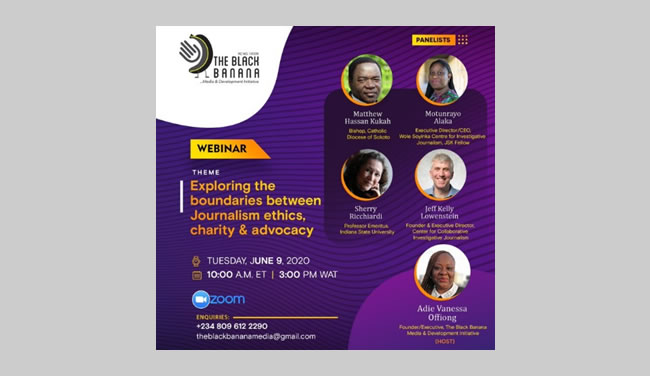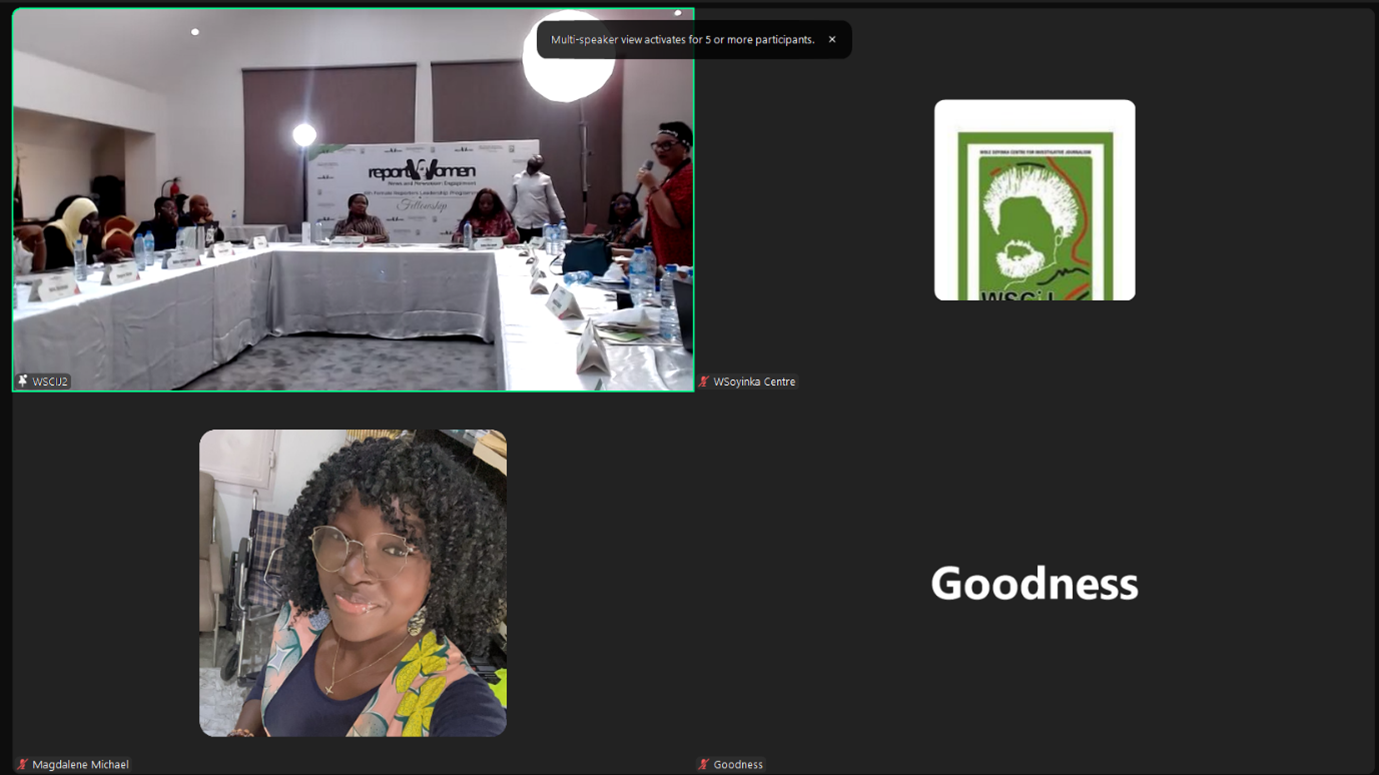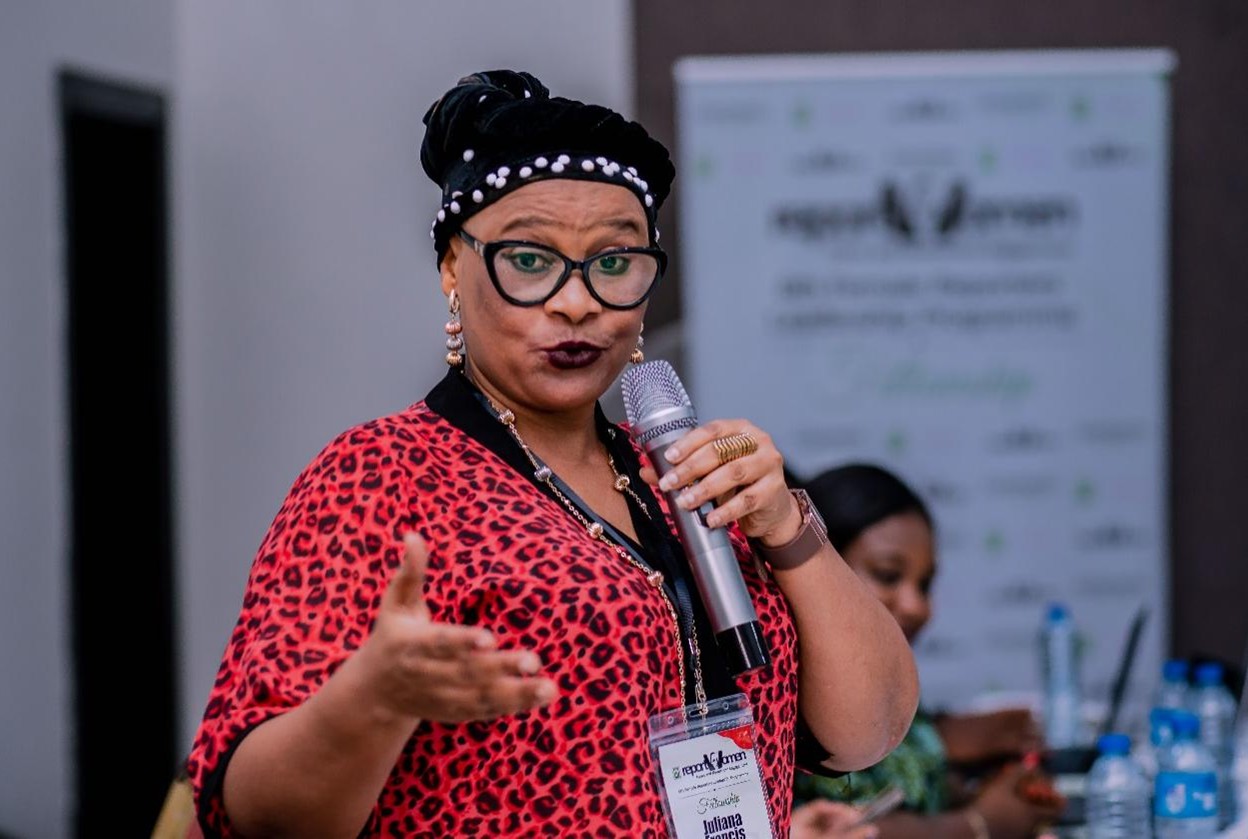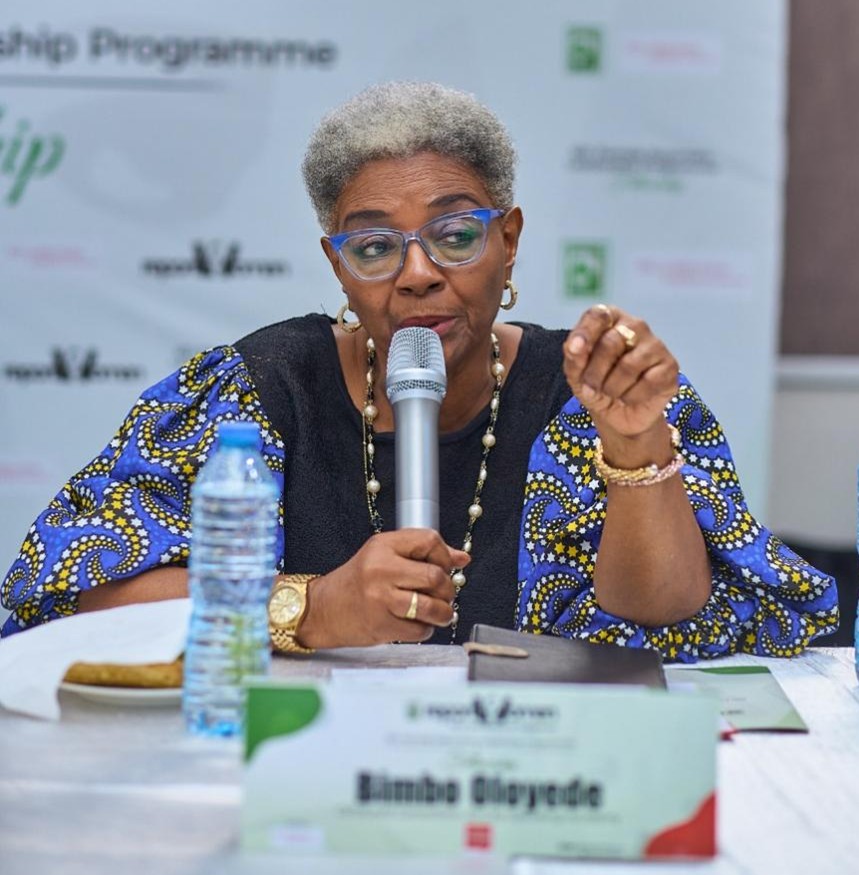With journalists risking their lives to make information available to the public during the coronavirus pandemic, experts have agreed on the need for journalists to be ethical in reporting the humanitarian crisis.
The experts—Motunrayo Alaka, Executive Director/CEO, Wole Soyinka Centre for Investigative Journalism (WSCIJ); Jeff Kelly Lowenstein, Founder and Executive Director, Centre for Collaborative Investigative Journalism (CCIJ); Sherry Ricchiardi, media development specialist and professor emeritus, Indiana University School of Journalism; and Matthew Kukah, Bishop, Catholic Diocese of Sokoto—made this known on Tuesday, 9 June 2020, at a webinar organised by The Black Banana Media and Development Initiative.
Speaking on the theme of the webinar “Exploring the boundaries between journalism ethics, charity and advocacy”, Alaka affirmed that ethics, as with accuracy, truth, balance, media independence and so on, is critical and is supreme. “Ethics matters; in fact, it is the matter. Ethics provides us the guidelines to know when we cross the line and helps the people to hold us accountable,” she said.
“I believe, though, that the issue of ethics does have some grey areas and journalists need to always make decision between journalism ethics, advocacy and charity. More than other things, it is the journalist’s work to link the people to those who are accountable to them rather than solve the problem. The journalist pushes the boundary of demand and supply for good governance rather than offer support which is limited,” she added.
Lowenstein shared CCIJ’s experience with humanitarian reporting. He said there are times when they decided based on ethical reasons to not do a story due to the consequences it will have on the subject. He therefore advised that reporters be conscious of social dynamics and ethical boundaries.
On her part, Ricchiardi maintained that journalists all over the world show great commitment to journalism ethics. She urged journalists to not give money to their subjects upfront but to render help where there is need, following their conscience, informing their editors and readers if their intervention will change the outcome of their stories, and being mindful that their primary role is to function as eye witnesses.
Kukah said journalists hold the responsibility to get the state to act, and that beyond reporting a story, the journalist can take follow-up steps.
According to him, “The publication of a story is just the beginning of the story, especially when it deals with inequality and when it has to do with public interest. The journalist must wear the shoes of the very long distance running.”
Vanessa Offiong, Founder and Executive Director, The Black Banana Media and Development Initiative, the organiser of the webinar, said the webinar was to shed more light on the challenge that many journalists who report humanitarian issues face—whether or not to offer monetary assistance or other forms of assistance to interview subjects or those they come in contact with in the course of doing their stories issue.








